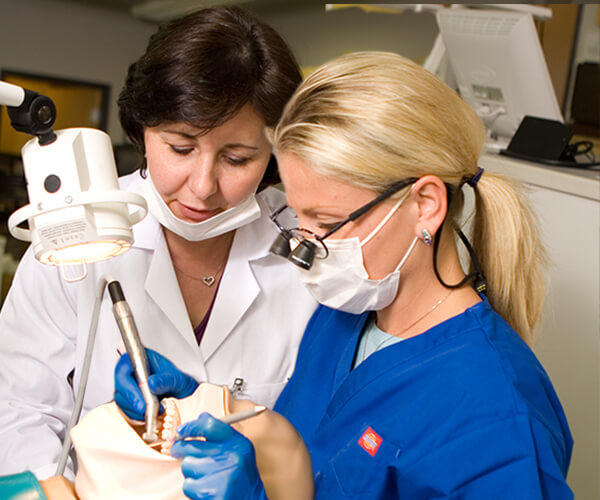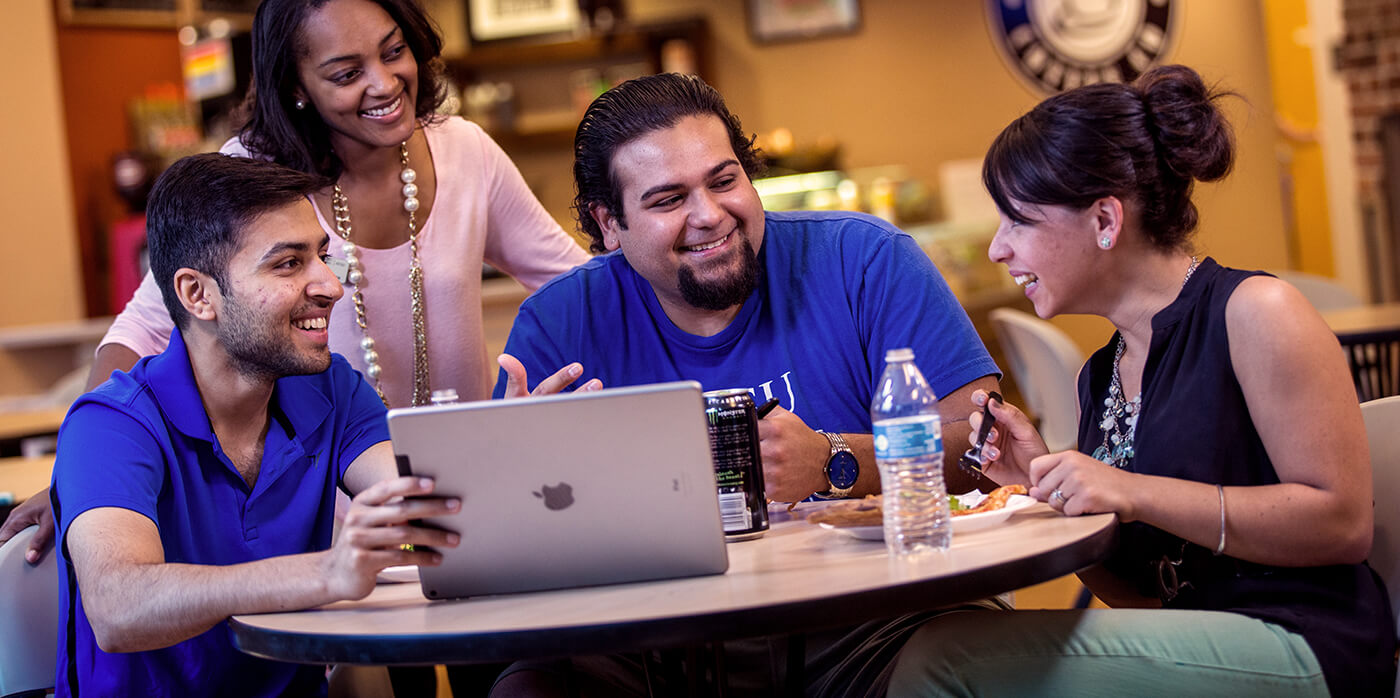Partnering with communities for health
Integrated Community Service Partnerships (ICSP) is an invaluable component of the fourth-year clinical training for students at A.T. Still University-Missouri School of Dentistry & Oral Health (ATSU-MOSDOH). A key component of ICSP is placing students in community settings to complete a portion of their fourth-year clinical training. They will complete two three-week rotations, and one four-week rotation..
As a vital part of MOSDOH’s unique education program, ICSP provides our students with:
- Exposure to a variety of community- and public health-based clinical environments and situations
- Opportunities to be taught and mentored by skilled clinicians
- A deeper understanding of the unique oral health challenges faced by many communities and an opportunity to learn first-hand how to address those challenges
MOSDOH has partnered with over 30 CHCs to provide training and treatment facilities for D4 students. Working in CHCs and developing a first-hand appreciation for the impacts of the care they provide will foster and deepen the students’ commitment to public health for which ATSU-MOSDOH strives.
ICSP offers students and clinical sites the following:
For Students:
- Duration and Structure: In their fourth year, students engage in three external clinical rotations, totaling about ten weeks, constituting 25% of their clinical education.
- Diverse Clinical Experiences: Rotations occur at over 50 sites, including community health centers (CHC), private non-profit organizations, Indian Health Services (IHS), Tribal clinics, veteran’s affairs clinics, and mobile dental clinics. This variety ensures students gain broad clinical exposure and experience diverse community and public health dentistry models.
- Cultural and Socioeconomic Immersion: Students work in various cultural and socioeconomic settings, providing preventive, restorative, and reconstructive dental care. This exposure is not just about gaining clinical experience, but about developing a deep understanding and empathy for the diverse communities they serve, inspiring a more inclusive and open-minded approach to oral health care.
For Clinical Sites, Staff, and Preceptors:
- Expertise Sharing: Site staff and preceptors share their knowledge and experience with students, enriching the educational experience.
- DiRecruitment Opportunities: These rotations can serve as a recruitment tool for clinical sites, allowing them to identify and attract future dental professionals.
- Community Engagement: Partnering with community health centers plays a vital role in educating future dentists about the specific needs of the communities they serve.
- Access to Resources: Preceptors gain access to the A.T. Still Memorial Library resources and receive updated training annually for continuing medical education credit.
This program not only enhances the education of dental students and strengthens the connection between educational institutions and community health services, but it also has a profound and direct impact on underserved populations. By participating in the ICSP program, you are directly contributing to the betterment of these communities.

